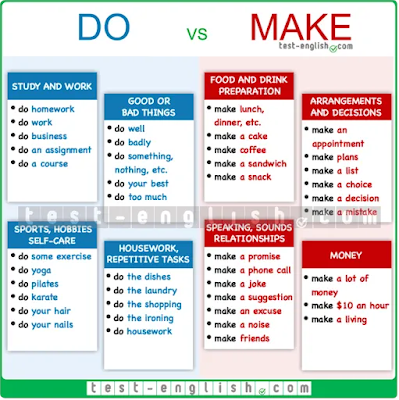Future continuous (will be + ‘ing’ form)
We use the future continuous to talk about something that will be in progress at or around a time in the future.
- This time tomorrow we’ll be sitting on the beach. I am so excited!
- Tomorrow at eight we will be flying home.
The following sentences are not about the future but we can use the future continuous to talk about what we assume is happening at the moment: - Don’t phone her now, she’ll be having dinner.
- The kids are very quiet. They’ll be doing something wrong, I know it!
Future Perfect (will have + past participle)
We use the future perfect to say that something will be finished by a particular time in the future.
- Do you think you will have finished it by next Thursday?
- In 5 years time I’ll have finished university and I’ll be able to earn some money at last.
We often use the future perfect with ‘by’ or ‘in’
- I think astronauts will have landed on Mars by the year 2020.
- I’ll have finished in an hour and then you can use the computer.
‘By’ means ‘not later than a particular time’ and ‘in’ means 'within a period of time’. We don’t know exactly when something will finish.
- I promise I’ll have done all the work by next Saturday.
Future Perfect Continuous (will have been + past participle)
We use it to express the duration of a future situations and also to express certainty about the cause of some future situation.
We use this tense to express situations that will last for a specified period of time at a definite moment in the future. It is important that we expect these situations to last longer.
- Before they come, we will have been cleaning the house for 5 hours.
- By the next year, Ben and his wife will have been living together for 50 years.
- By this time, he will have been working for 12 hours, so he will be very tired.
- We will be making a rest stop in half an hour, because you will have been driving the car for 6 hours by then.
http://www.englishtenses.com/future_tenses








